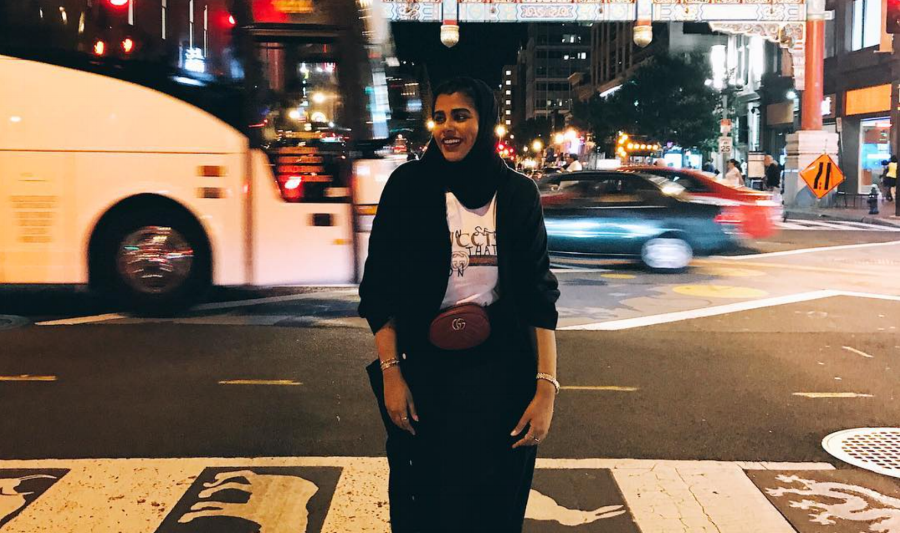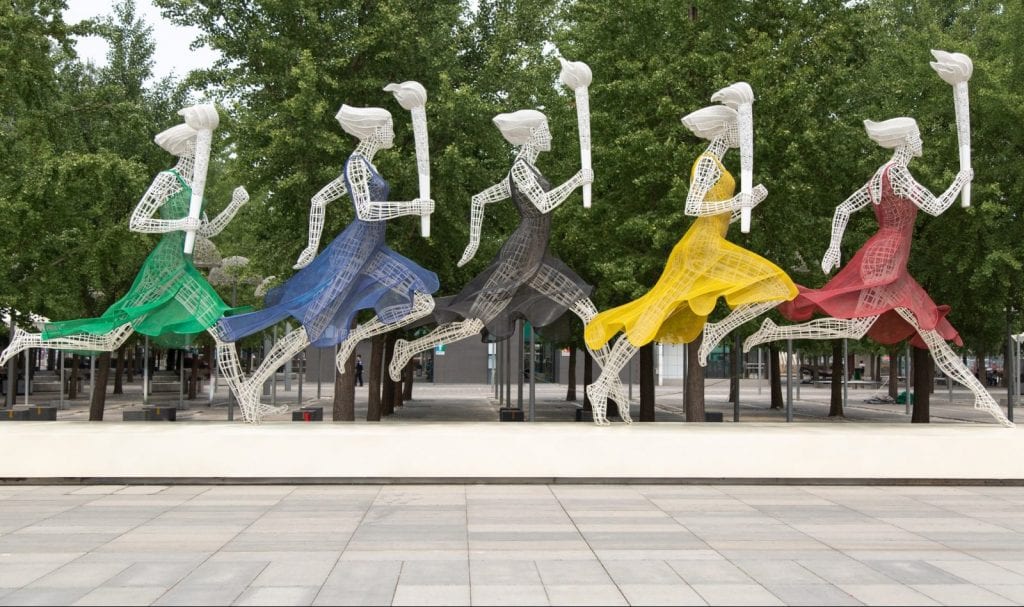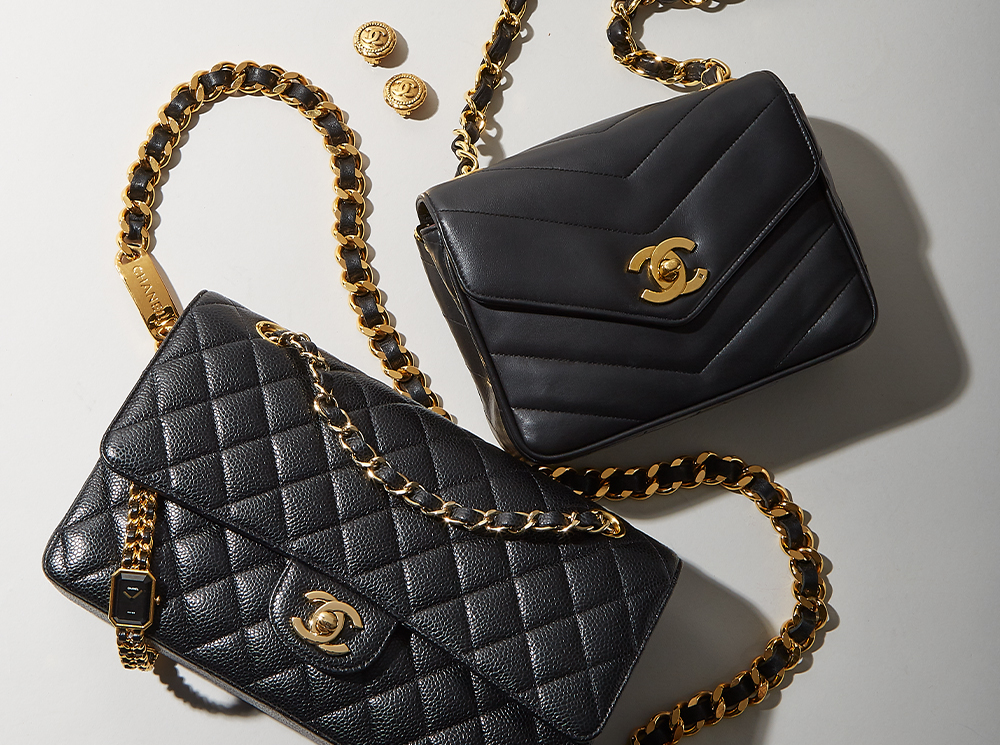 image: @Taimalfalasi
image: @Taimalfalasi
The business of influence is a lucrative – and often shadowy – one, and change is coming in the United Arab Emirates (“UAE”). In accordance with a new set of regulations for electronic media –which governs all online activities including e-commerce, print and digital media and advertising, and video and audio materials – media giants and influencers, alike, must secure a license from the National Media Council, a federal government agency in the UAE, going forward.
The National Media Council announced on Tuesday that the new regulations, which are aimed at regulating the business of social media influence, mean that the media license that has typically been required for magazines and newspapers will now also apply to influencers, who bring in revenue for their work.
“Anyone involved in electronic media commercial activities will need to register and have a license before the end of June,” according to a report from The National. “Penalties for failing to do so include fines up to Dh5,000 ($1361), verbal or official warning, and/or closure of the website or account.”
Mansour Al Mansouri, the Director General of the National Media Council, said during a news conference in Abu Dhabi that the new code of practice provides for “balanced and responsible media content that respects the privacy of individuals, and protects the public — especially children from negative or harmful material.” He further stated that “the regulations seek to help the UAE media sector remain on top of the rapid developments in electronic media, in addition to enriching and organizing digital content, and ensuring that media material respects the religious, cultural and social values of the UAE, all the while promoting freedom of expression and constructive dialogue.”
One of the biggest influencers that will likely be impacted by the new license requirement is Huda Kattan, the Dubai-based super-influencer and beauty mogul. The 33-year old Instagram m and YouTube mega-star uses her social media platforms to promote her Huda Beauty brand (i.e., she uses them in a commercial capacity; she does not accept compensation from unaffiliated brands to post) and as a result, will likely be required to obtain an influencer license.
In theory, influencers have been subject to trade licensing requirements prior to Tuesday’s announcement, and UAE-based influencers should not have been “invoicing for any services in the UAE without an appropriate trade license,” according to Dubai-based law firm Al Tamimi & Company. Although, this was not strictly enforced by the National Media Council in the past.
The UAE’s license requirement comes on the heels of an array of international developments in the influencer sphere. In the U.S., the Federal Trade Commission has devoted increased attention to disclosure of sponsored posts by celebrities and influencers, while United Kingdom and Irish laws have been bolstered to address disclosure requirements, as well.
While the UAE does not currently have laws in place that explicitly address the disclosure of paid-for social media posts, Al Tamimi & Company points to the Federal National Media Council’s Resolution 35 of 2012, which states: “The advertising identity shall be clearly determined, and it shall appear as unique and separate from other editorial or media material, and there shall be limits separating the advertisement from any other material in addition to time lapses in case of radio or television broadcasting.” This is language not, as the firm notes, “ambiguous in its requirement that editorial content be separated from advertising content,” and suggests that influencers could clearly fall within the Resolution’s bounds.
Lawyers and legal scholars, alike, predict that the UAE government will soon begin applying this law to influencers, thereby requiring them to add clear disclosures, such as #Ad or #sponsored to social media and/or blog posts for which they have been compensated.
Stay tuned.











